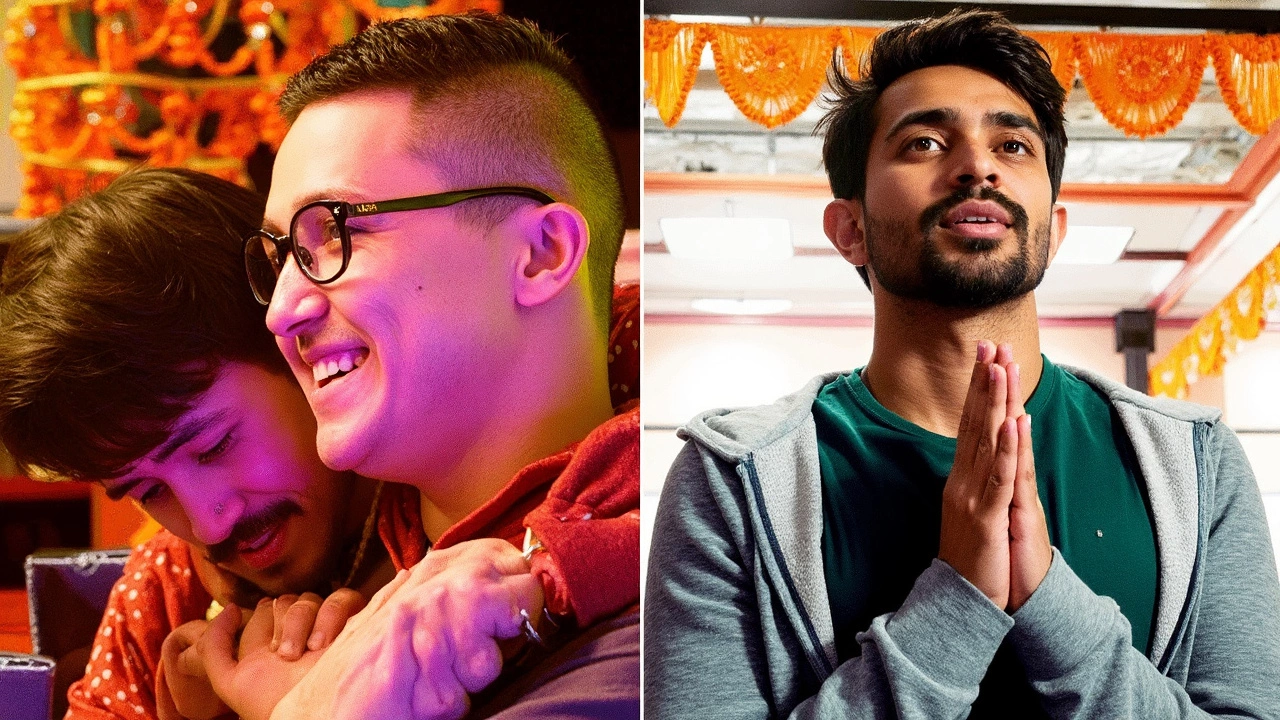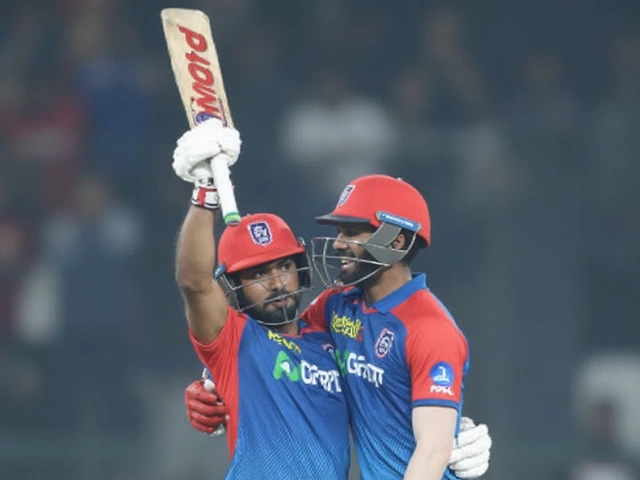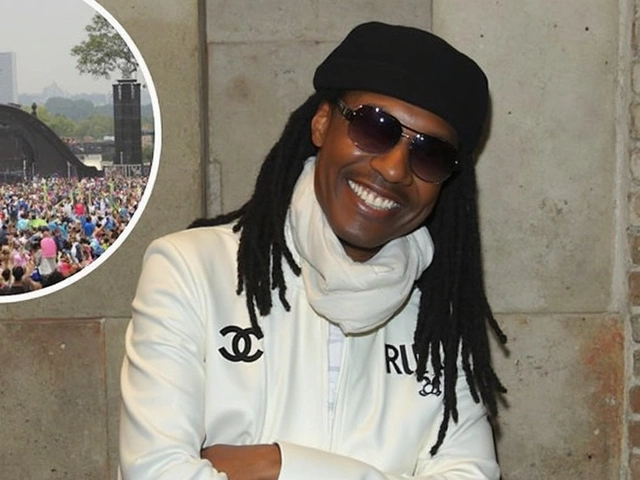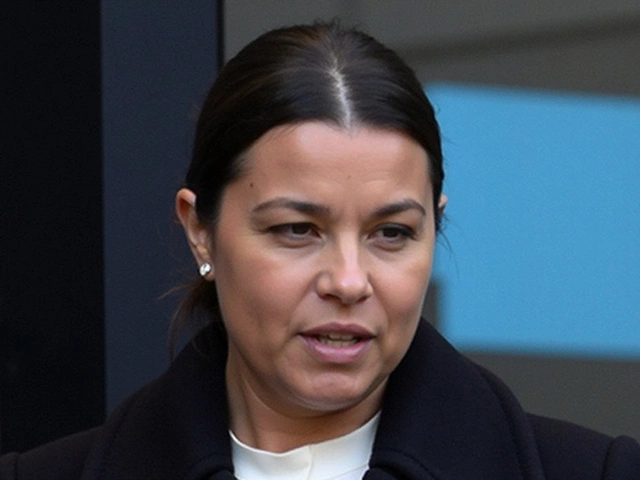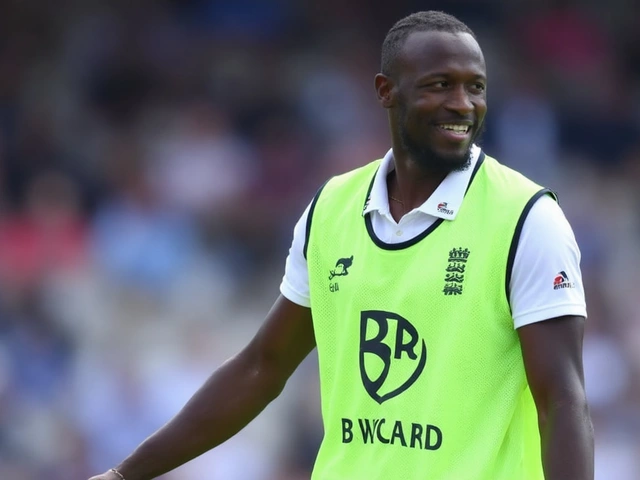Why Representation Matters in NY Sports Coaching
If you’ve ever felt like the coach you look up to doesn’t see you, you know how cheap that can feel. Representation isn’t just a buzzword – it’s the bridge between an athlete’s dream and daily grind. When a player sees someone who shares their background succeed, confidence rises, effort sticks, and performance improves. That’s why coaches, clubs, and schools in New York are paying close attention to who’s in the locker room, on the bench, and behind the whistle.
How Diverse Role Models Change the Game
Imagine a teenage girl from Queens who loves basketball but never sees a woman leading a varsity team. Without a visible path, she may doubt her own potential. Studies from local schools show that simply adding a few diverse coaches can lift participation rates by up to 20%. Kids start showing up more often, ask more questions, and stay longer after practice. They also bring fresh ideas – different training drills, new communication styles, and cultural insights that keep the whole team sharp.
Practical Steps to Build Stronger Representation
Getting better representation isn’t a one‑time event; it’s a habit. Start by auditing your coaching staff: how many women, people of color, or LGBTQ+ members are there? Set realistic goals to increase those numbers over the next season. Offer mentorship programs that pair seasoned coaches with newcomers from under‑represented groups. Host open‑house events in community centers so aspiring coaches can see the pathway and ask real questions.
For athletes, ask your club to feature more stories from diverse players on social media and newsletters. Seeing footage of a local Hispanic player breaking a school record or a disabled athlete excelling in adaptive sports can spark motivation. Encourage athletes to volunteer as peer mentors – they become ambassadors for inclusion, and their voice often resonates more than any brochure.
When it comes to hiring, broaden your search beyond traditional networks. Post job openings on platforms that focus on minority coaches, and attend community coaching clinics. Even a small shift – like inviting a former college player from a different background to run a guest session – sends a powerful signal that the program values varied perspectives.
Retention matters too. Provide professional development that respects cultural differences, such as flexible scheduling for coaches observing religious holidays or offering language‑specific resources. Celebrate milestones publicly – a coach’s 5‑year anniversary or a breakthrough win by a diverse team – to reinforce that representation is a core part of the club’s identity.
Finally, track progress. Use simple surveys after each season to ask athletes how supported they feel by the coaching staff’s diversity. Share results with the whole community and adjust strategies accordingly. Transparency builds trust, and trust keeps talent from walking away.
Representation in New York sports coaching isn’t just about ticking boxes. It’s about creating an environment where every athlete feels seen, heard, and capable of reaching the next level. By taking concrete steps – auditing staff, mentoring, broadening hiring, and celebrating success – you turn the idea of representation into everyday reality. Your team, your community, and the next generation of champions will thank you.
Kieran Lockhart, Apr, 24 2025
Queer Asian Rom-Coms Shine in Modern Cinema, Blending Tradition and Identity
Queer Asian rom-coms are making a splash in today's movie scene, building on classics like Saving Face and evolving with new films such as The Wedding Banquet. These stories mix cultural pressures with humor and romance, showing the value of visibility and the push for authentic representation.
View More